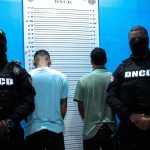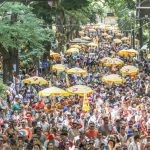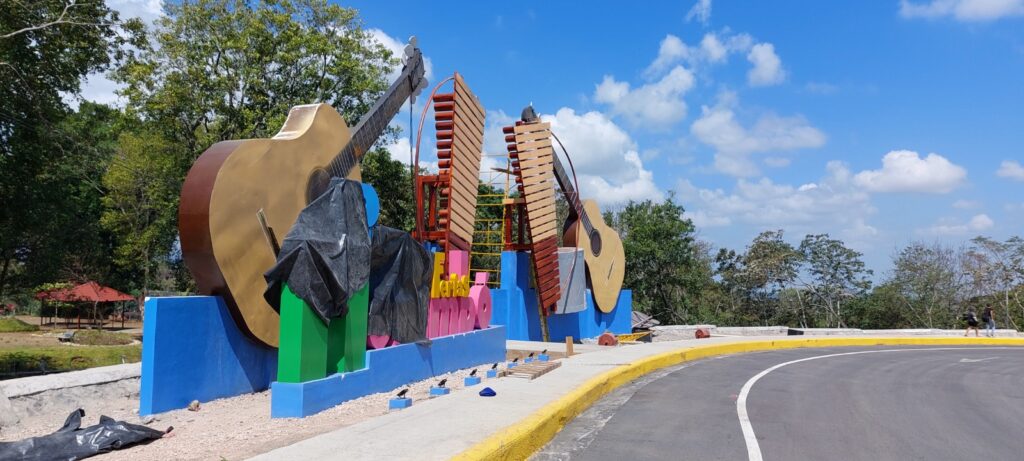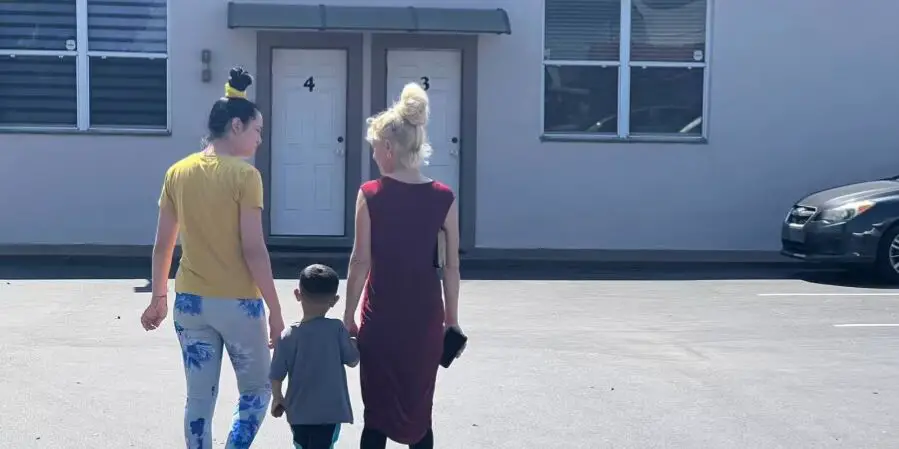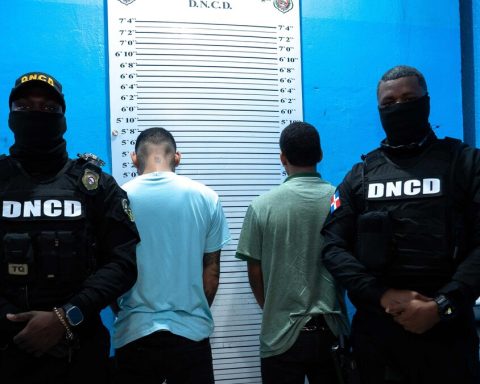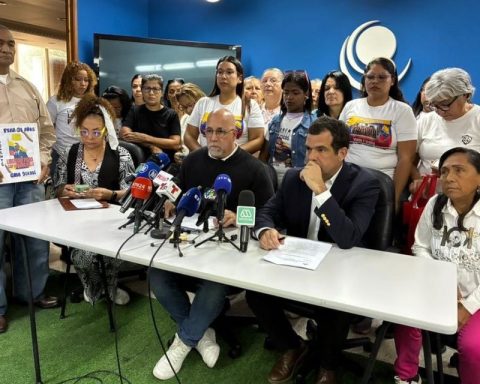The dangers of registering indigenous peoples and neighborhoods in Mexico City
No.
or understand. Or not they want to understand why it is an obstacle to their projects. The truth is that in no order of government where the National Regeneration Movement Party (Morena) exercises state power is doing well for indigenous peoples. Not even in cases where former defenders or promoters of their rights have been placed in the posts to serve them. They continue with their discourses of autonomy and self-determination, but in practice they deny them. This situation is worrying because it is becoming customary for the government to vindicate the rights of the people in speech while in fact they are denied. And when actions are promoted that, they say, are intended to guarantee them, it is done without taking them into account, which in the end generates disagreements that prevent their exercise. There are cases, even, in which not only rights are denied but also the subject who owns them is denatured.
A case of the latter is presented in Mexico City. On May 30, 2022, the Secretariat of Native Peoples and Neighborhoods and Resident Indigenous Peoples (SEPI) published in the official Gazette a call for them to participate in the creation of the Registration System for Towns, Original Neighborhoods and Resident Indigenous People, in order to create conditions for them to exercise their rights. This action, noble at first sight, generated an infinite number of disagreements among the possible beneficiaries, because in its issuance the possible affected parties were not consulted, violating one of their fundamental rights, but also due to the requirements that are requested, which violate one of the rights derived from the right to self-determination, recognized in international and national law as a fundamental right of indigenous people, from which others derive.
International legal doctrine determines that the right to self-determination is expressed in four aspects: self-affirmation, which allows them to freely proclaim their existence; self-definition, which authorizes them to define who their members are and who are not, whether they were born in the town or outside it; self-limitation, which empowers them to set their territorial limits, in agreement with the state, and self-disposition, which gives them the right to organize as best suits them. The claims of the Government of Mexico City to unilaterally create a system of registration of towns, neighborhoods and indigenous residents, establishing unnecessary requirements for them, is a violation of the right to self-affirmation, established as a guarantee in international law, the Federal Constitution and the Political Constitution of Mexico City, which recognizes the pre-existence of the State and determines that self-ascription is the central element for its recognition.
The claims of the capital government have generated resistance from the people in many ways. Some have publicly denounced that behind the registration are the claims of the current government to control them politically to ensure their vote in next year’s elections, where the head of government is a visible candidate in the ruling party; Others have even initiated legal proceedings before the corresponding courts in order to annul the call and thus prevent the registration system of original and indigenous resident towns and neighborhoods from being carried out and if it is to be established, it should be done with their participation and for their benefit, who are the holders of the rights that are intended to be protected. But where the discontent has been shown most clearly is in the scant response to the call, since of all the 139 towns and 58 original neighborhoods recognized by the government of Mexico City itself in its own records, only 21 have attended and of these only two have met the requirements to be recognized, without being so yet.
The exit of the original towns and neighborhoods, as well as that of the resident indigenous people, towards the call to create a registry that legally shows their existence and facilitates the exercise of their rights represents a failure in the policies of the capital government towards this social sector. For the peoples, on the contrary, it represents a substantial advance in a broader and longer struggle: their defense of the territory against the claims of real estate companies to seize it to sell it to the highest bidder, which always turns out to be big capital. For example, the original town of San Sebastián Xoco, where a real estate dispossession process has been taking place, whose maximum expression is the Mitikah Tower, which closed Mayorazgo street and enclosed the town, where the (SEPI) refused to protect the rights of indigenous peoples with fallacious arguments.
The peoples know that when this happens they lose control of their lives and their future becomes uncertain; as they also know that behind the registration and limitation of their rights is the complicity of the government of change
with real estate to strip them of their assets. But nothing is said about it. There are still many battles to be fought. And the upcoming elections are a major factor in the final result.






